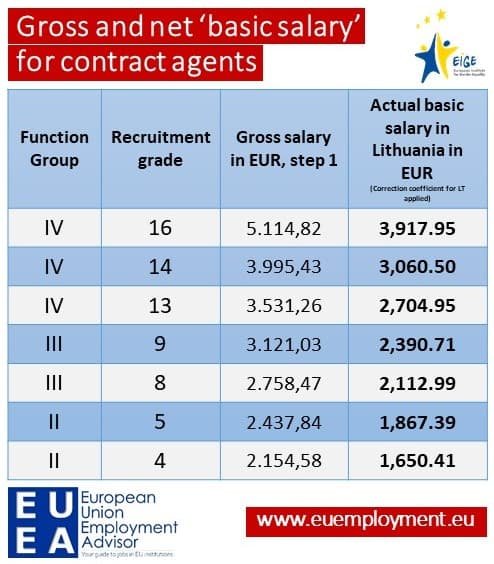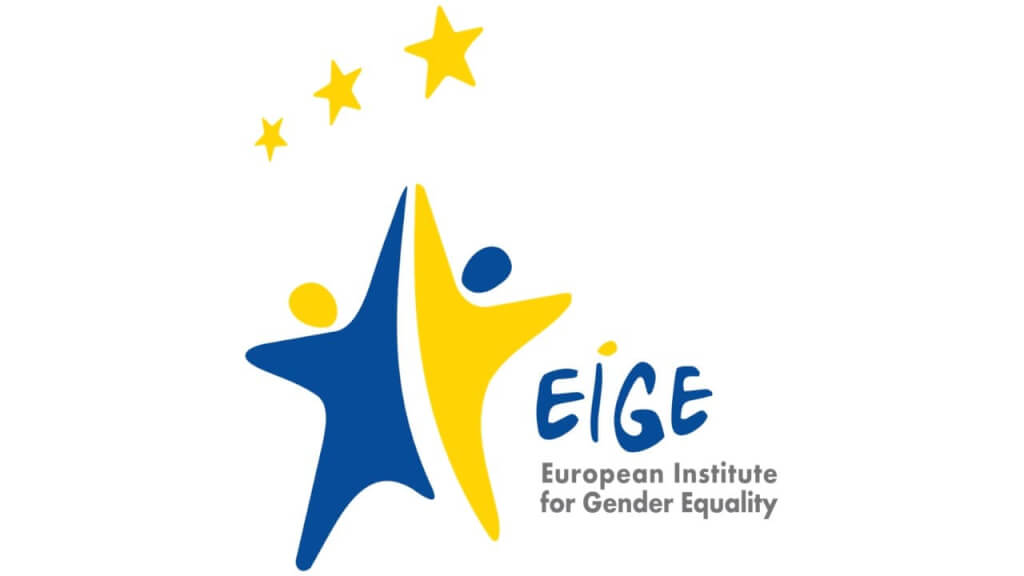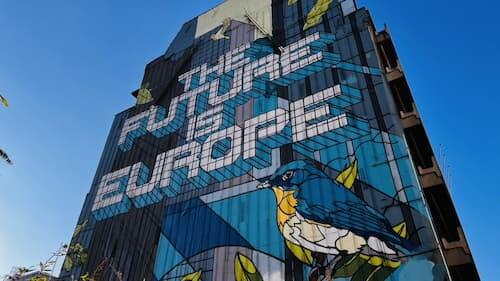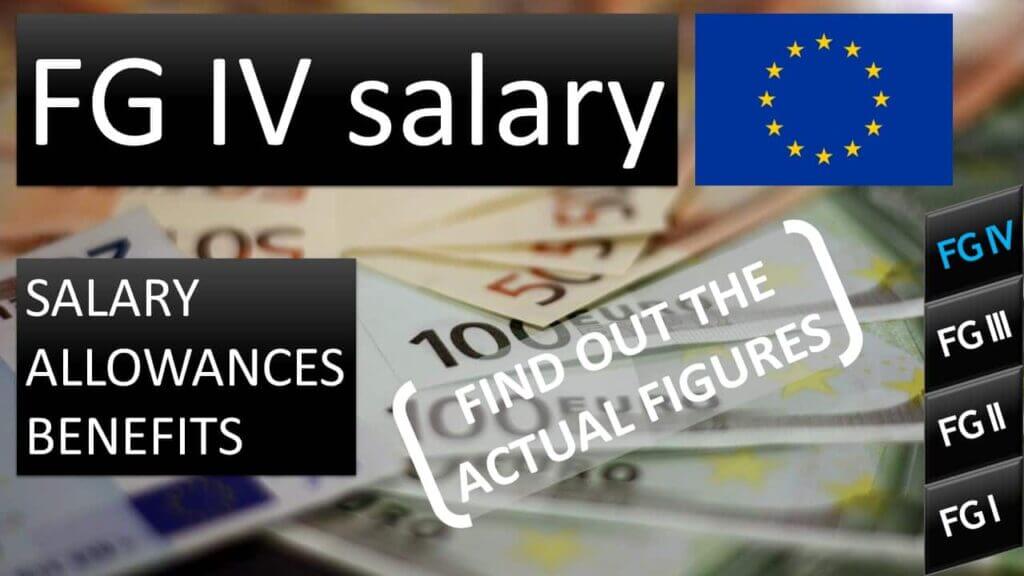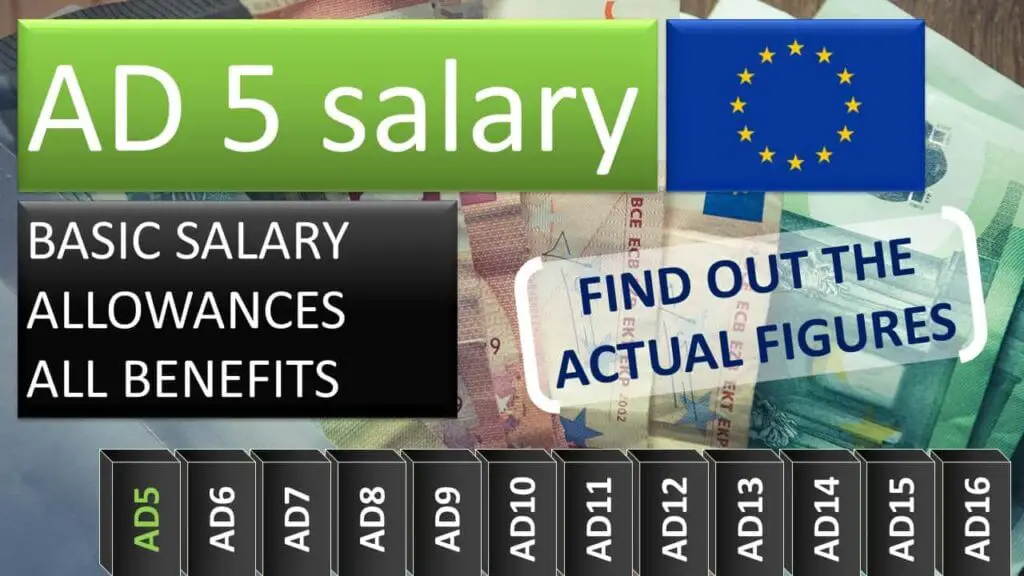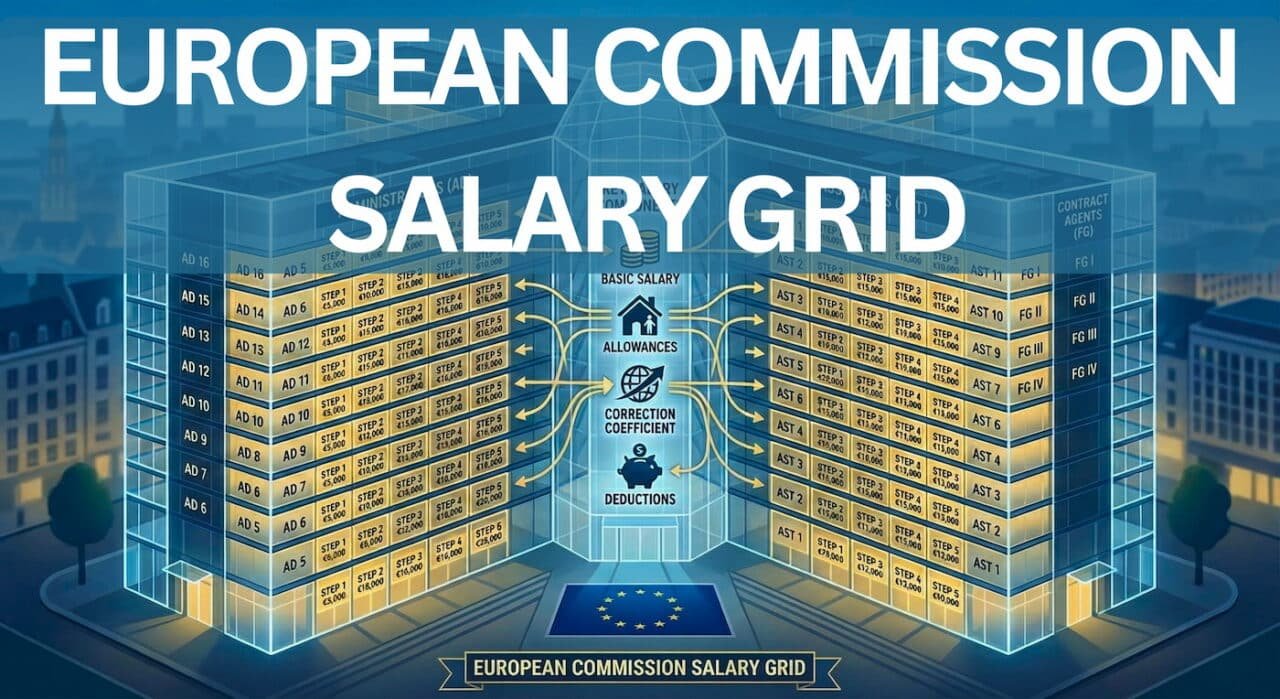This factsheet about EIGE or the European Gender Equality Institute will provide the key information about the agency to prospective employees and any other interested party. The article is based on EIGE’s founding regulation, single programming documents, consolidated activity reports, website, etc. I’ve done all the boring work so that you don’t have to 🙂. The website will soon have a series of articles about other EU agencies and institutions.
If you are planning to be employed by EIGE, there might be questions about the agency that are not always easy to find answers to without a lot of searching and reading. This post covers main facts about EIGE and focuses on information that might be useful to professionals who considering for the agency. If you are already in selection process for a job at EIGE and have the test or the interview ahead, the information should also be useful for a chat with the Selection Committee to demonstrate that you have done your homework.
Main information about EIGE
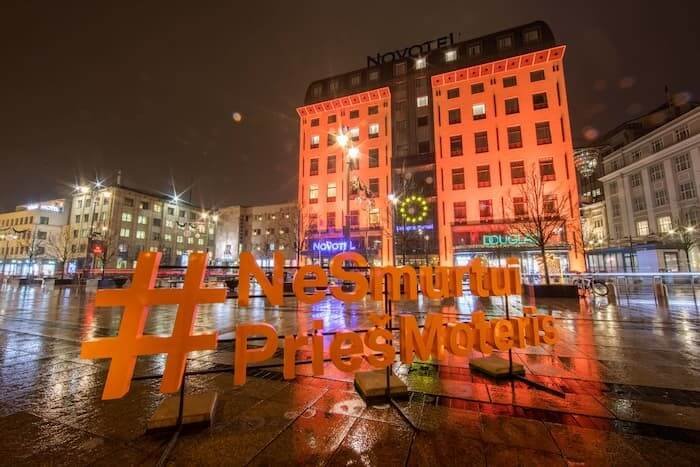
EIGE or the European Gender Equality Institute is one of the EU agencies. While EIGE’s founding Regulation (EC) No 1922/2006 was adopted on 20 December 2006, the agency appointed its Executive Director only on 16 April 2009 and started to function in 2010.
Making equality between women and men a reality for all Europeans and beyond.
EIGE’s vision
The goal of EIGE’s establishment was to play a central role in addressing the challenges of and promoting equality between women and men across the European Union. According to its self-description, EIGE aims to become the European knowledge centre on gender equality issues. It’s relevant to note here that the EU has another agency with a somewhat similar mandate – the European Fundamental Rights Agency in Vienna, Austria.
The overall objectives of the Institute shall be to contribute to and strengthen the promotion of gender equality, including gender mainstreaming in all Community policies and the resulting national policies, and the fight against discrimination based on sex, and to raise EU citizens’ awareness of gender equality by providing technical assistance to the Community institutions, in particular the Commission, and the authorities of the Member States [..].
Article 2 of EIGE’s Regulation
EIGE’s two strategic objectives for the programming period of 2021-2023 are as follows:
- To provide high quality research and data to support better informed and evidence based decision making by policymakers and other key stakeholders working to achieve equality between women and men.
- To manage all knowledge produced by EIGE to enable timely and innovative communication that meets the targeted needs of key stakeholders.
Management Board and similar structures
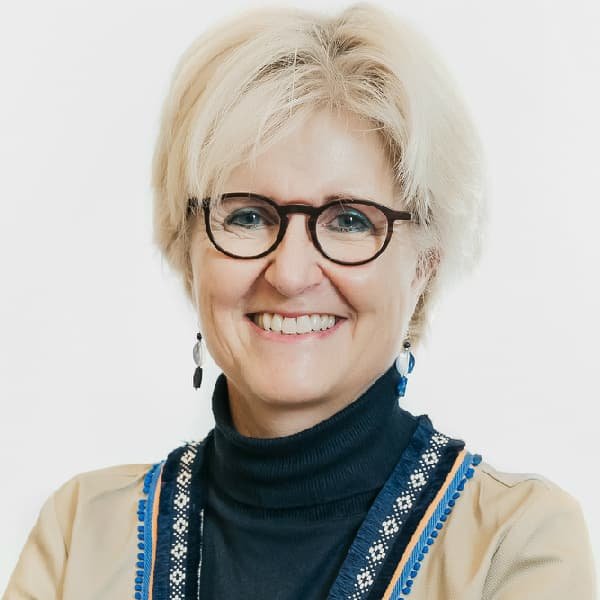
While it operates within the European Commission run institutional mechanism, it’s main decision making body is the Management Board. EIGE’s Management Board Chairperson is Ms Lenita Freidenvall of Sweden. EIGE’s Management Board is peculiar in the sense that it consists of only 18 EU Member States representatives and 1 European Commission representative (and not 27 as for most EU agencies). However, the Management Board has a Standing Committee that prepares the Board meetings and exercises more regular oversight of the agency.
EIGE also has an Experts’ Forum that assists the agency in implementation of its tasks. It consists of 33 members (mostly NGO representatives) that are delegated by the 28 EU Member States, three by the European Commission and two by the European Parliament.
The above EIGE bodies are complemented by a Journalists Thematic Network. The network had two meetings in 2009 and contributed to at least 53 articles or broadcasts about EIGE’s work.
Executive director
The current EIGE Executive Director is Ms Carlien Scheele who took office in February 2020. She was preceded by EIGE’s first Executive Director Ms Virginija Langbakk, who held the post for two terms from 2009 to 2019.
EIGE structure
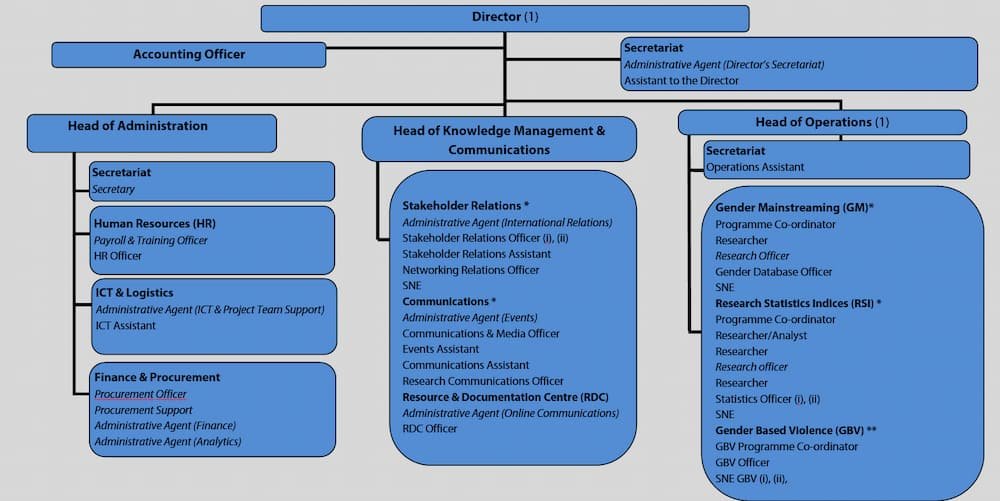
The agency is structured in three units. These are:
- Operations Unit further made up of: Gender Mainstreaming; Research Statistics Indices; Gender-based Violence; Assistance.
- Knowledge Management and Communications Unit further made up of: Stakeholder Relations; Communications; Resource & Documentation Centre; Instrument for Pre-Accession Assistance project.
- Administration Unit further made up of: Secretariat; Human Resources; ICT & Logistics; Finance & Procurement.
Staff numbers
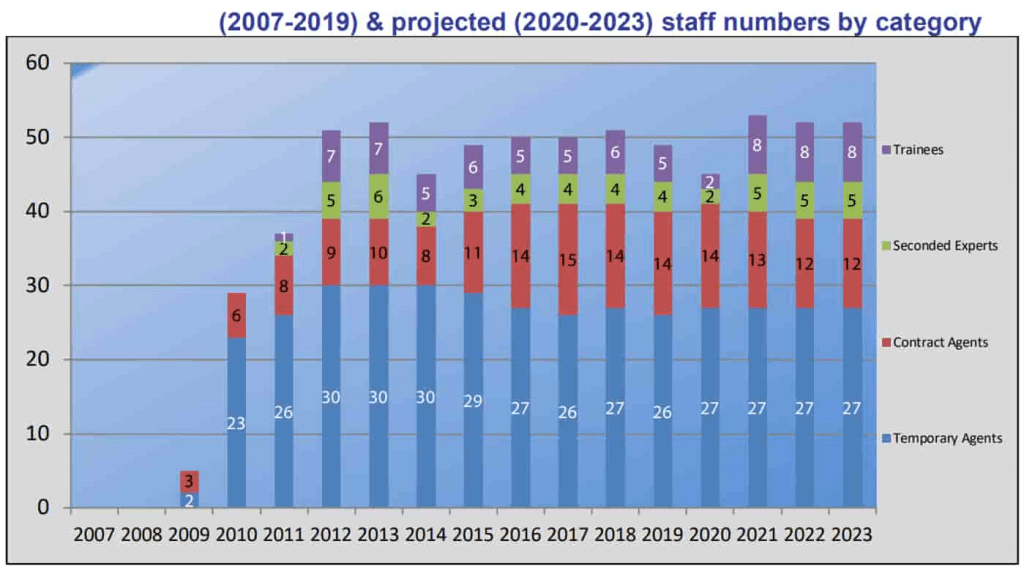
EIGE recently employs 52 staff members, including Seconded National Experts and trainees. Temporary agents and contract agents take up around 40 staff positions. For example, in 2019 there were 26 temporary agents at the agency, 14 contract agents, 4 seconded national experts and 6 trainees.
Women make up roughly 75% of staff, men – 25%. When it comes to geographical balance, in 2019 the largest nationality at EIGE were Lithuanians at 28%, followed by Spaniards (8%), French (6%), Greeks (6%), Italians (6%), Poles (6%). In total there were staff from 20 EU Member States working for EIGE in 2019.
EIGE manages to have a very high rate of filling staff positions. It was 100% in 2018 and 96% in 2019. Staff turnover was 11.1% in 2019. In 2019 EIGE launched 13 calls for applications: 4 for temporary agent posts; 4 for contract agent posts; 2 for seconded national expert posts; 2 for trainees. In total, EIGE received 666 applications in 2019, of which 62% were by women and 38% by men.
As other EU agencies in Eastern Europe, EIGE also complains about it being less attractive to potential employees due to the lower correction coefficient.
Budget
EIGE’s annual budget is around 8 million euros. In it’s 2019 Consolidated Annual Activity Report EIGE praises itself on significant improvements in budget consumption. Carry over of operating expenditure has been decreased to 28.01% in 2019 compared to only 51.29% in 2016. This marks fulfillment of a European Court of Auditors recommendation to keep carry-overs under 30%.

Based on its staff figures and budget size, EIGE is one of the smallest agencies of the European Union.
Where to find EIGE vacancies
EIGE vacancy announcement are published on the agency’s website. The vacancies are also aggregated on the website of the EU Agencies Network and EPSO also has a separate website section for EIGE vacancies. EIGE may also employ candidates that have passed the respective EPSO tests and are on a European Commission reserve list.
The agency’s website mentions that on average it takes 90 days from announcement of vacancy to recruitment of the successful candidate. The period may be longer for higher grade jobs or positions where there was insufficient interest by applicants.
EIGE has not implemented a ‘single CV policy’. This means that you have to fill-in an extensive application form for each vacancy you apply to.
If you are interested to find out more about the EU agencies, read this post.
Benefits for staff
Salaries for temporary agents at EIGE
The below table represents the basic salaries for temporary agents at EIGE (posts with the prefixes AD 5-12 and AST 1-11). Third column shows the nominal basic salary and the fourth column shows the actual basic salary for temporary agents at EIGE that is adjusted by the correction coefficient for Lithuania which is 76.6%.
| Category | Grade | Gross basic salary in EUR | Actual basic salary in Lithuania in EUR |
|---|---|---|---|
| AD | 12 | 11.590,57 | 8,878.38 |
| AD/AST | 11 | 10.244,12 | 7,847.00 |
| AD/AST | 10 | 9.054,10 | 6,935.44 |
| AD/AST | 9 | 8.002,30 | 6,129.76 |
| AD/AST | 8 | 7.072,70 | 5,417.69 |
| AD/AST | 7 | 6.251,08 | 4,788.33 |
| AD/AST | 6 | 5.524,91 | 4,232.08 |
| AD/AST | 5 | 4.883,11 | 3,740.46 |
| AST | 4 | 4.315,85 | 3,305.94 |
| AST | 3 | 3.814,47 | 2,921.88 |
| AST | 2 | 3.371,37 | 2,582.47 |
| AST | 1 | 2.979,73 | 2,282.47 |
The initial contract for a temporary agent is three years. I haven’t been able to find out whether the second contract is for 3 or 5 years. After a third contract is offered to a temporary agent, the person should become a permanent agent. EIGE already should have some permanent agents, but information about this is not clearly communicated in the agency’s reports.
Salaries for contract agents at EIGE
The below table represents the basic salaries for contract agents at EIGE (posts in the function groups FG I to FG IV). Third column shows the nominal basic salary and the fourth column shows the actual basic salary for contract agents at EIGE that is adjusted by the correction coefficient for Lithuania which is 76.6%.
| Function Group | Recruitment grade | Gross salary in EUR, step 1 | Actual basic salary in Lithuania in EUR |
|---|---|---|---|
| IV | 16 | 5.114,82 | 3,917.95 |
| IV | 14 | 3.995,43 | 3,060.50 |
| IV | 13 | 3.531,26 | 2,704.95 |
| III | 9 | 3.121,03 | 2,390.71 |
| III | 8 | 2.758,47 | 2,112.99 |
| II | 5 | 2.437,84 | 1,867.39 |
| II | 4 | 2.154,58 | 1,650.41 |
The initial contract length for contract agents is up to five years. It can be extended for up to another five years. If one is offered a third extension, it is possible to become a ‘permanent’ contract agent without any contract end date.
Allowances and other benefits for EU institutions staff
Several allowances and other benefits can quite significantly boost an EU official’s income. This largely depends on whether the person is an expat and has a spouse and/or children. When considering a job at an EU institution, people too often do not take these benefits into account. Important – these benefits are available to Administrators in grades AD 5-16, Assistants in grades AST 1-11, Secretaries and Clerks in grades AST/SC 1-6, and Contract Agents in grades FG I-IV.
- Travel costs on taking up duties
- Daily subsistence allowance (during probation period)
- Installation allowance and coverage of removal costs (one-time payments)
- Expatriation allowance or Foreign Residence allowance
- Household allowance
- Dependent child allowance
- European School enrollment for children or Education allowance if there is no local EU school
- Healthcare costs reimbursement to a level of 80-85% through the EU’s Joint Sickness Insurance Scheme (JSIS) for the employee and any direct family members and dependents. 100% reimbursement of costs in case of a serious illness
- Accident insurance
- Annual travel compensation
- Birth grant
- Parental leave
- Unemployment allowance
- Removal expenses when leaving your home country and again when leaving your EU institution
- EU pension, survivors and orphan’s pensions, invalidity allowance
- Lump sum payments in case of permanent invalidity or death
- Lump sum funeral expenses, up to EUR 2350
Education allowance
There is no European School in Vilnius. For this reason, EIGE staff members are entitled only to the education allowance. The amount of the Education Allowance in Vilnius is EUR 539.12 (double amount). Employees can also receive this allowance for children that attend a university.
In its Single Programming Document 2021-2023 EIGE notes that it has concluded agreements with more than 20 local schools in Vilnius. This might mean that tuition costs are settled directly by the agency.
Annual leave
All EIGE staff are entitled to a minimum of 24 annual leave days and a maximum of 30. Additional annual leave days are added to a person’s file for age, grade, need to travel home for expats and a number of other reasons.
12 annual leave days can be carried over to the next year without justification. Carryover of more than 12 unused annual leave days usually requires justification.
Flexible working hours
It is increasingly common in EU institutions to adopt a flexible working hours or ‘flexitime’ policy. EIGE is among those institutions that have made flexitime available to its employees.
In essence, this means that while employees still have to work 40 hours per week, they can choose when to work while abiding by some restrictions. For example, staff have to be in the office during the so called ‘core hours’. At EIGE these are from 9:30 to 12:00 and from 14:30 to 16:00. Hours can be ‘clocked in’ between 7:30 and 20:00. Staff may not work more than 10 hours daily.
Language training costs reimbursement
In order to attain an indefinite contract, all employees of EU institutions must demonstrate a certificate of knowing a third EU language at B2 level. To support staff language training, EIGE reimburses language training costs of 500 EUR annually for temporary and contract agents. 25 staff members used this benefit in 2019.
VAT costs reimbursement
Employees can claim back VAT costs for goods and services if the invoice value exceeds EUR 232.
Exclusive office location and staff parking
EIGE has an exclusive office location at the very centre of Vilnius on the main pedestrian street. Staff have access to free car parking in the office building.
Types of specialists EIGE employs
While EIGE employs a relatively small number of staff, they represent a diversity of professional profiles:
- Researchers
- Statisticians
- Communications specialists
- Project managers
- ICT specialists
- Procurement specialists
- Budget and finance specialists
- Training specialist
- Payroll specialist
- Secretary/assistant
Traineeships
Since its inception EIGE has had more than 60 trainees. Traineeships usually last 6 months (24 weeks), however, they can be extended upon good performance to 11 months. These traineeships mirror the European Commission’s approach, recognising the value of the experience that is mutually enriching for both organisation and trainee.
How to prepare for a job interview at EIGE?
Before the interview at EIGE you should read the below resources. I have tried to put them in an order that will help to grasp the institution’s operations in case you are not familiar with them.
- The current Single Programming Document (sections relevant for the position you’re applying for).
- At least the most recent Consolidated Annual Activity Report or CAAR. It’s preferable to scan at least the last three CAARs for the field of interest.
- European Commission Policy documents in the agency’s policy area. In EIGE’s case you would have to acquaint yourself with the EU Gender Equality Strategy 2020-2025.
- Founding regulation of the institution. Be sure to check that you are reading the most recent version as a number of EU agencies have received updated regulations in the past 5 years. EIGE’s founding Regulation can be read here.
- Research if the institution has drafted any policy documents in the particular field. For example, if you are applying for an external relations position, read the institution’s International Cooperation Strategy or similar. If you are applying for a training or capacity building position, see if there is a Training Strategy.
- Last 5 newsletters. The EIGE newsletter archive is available here.
- Be aware of the most recent social media posts by the institution as these will demonstrate your awareness about the institution’s recent priority projects.
- Print out the Vacancy Announcement. Enlist someone to read it and ask you questions based on the things mentioned in the announcement, especially, about the requirement and beneficial requirements and skills. It is very common that you are asked at least one question per each listed requirement.
- If you happen to know somebody who has recently applied to the same institution or even got a job there, inquire about how the testing and interviews were done. While testing and interviewing depends on the profile of the vacancy, the overall structure is usually the same.
- Be ready to concisely retell the same information that you provided in the application form and the motivation letter to the selection committee. You should have 30-second and 2-minute “elevator pitches” ready.
- Be ready for an ad hoc language test – usually a short conversation in any of the languages you indicated in your application form. If necessary, practice with another person a few weeks before the interview.
- If you have a remote interview, ask the HR if it is possible to test the technical solution before an online test or/and interview with the Selection Committee.
- Find out and memorize names of the Executive Director and Chairperson of the Management Board of the institution in case you get asked about these.
More information about EIGE
Main areas of work
EIGE works in a number of policy areas and on a number of tools and instruments related to equality between men and women and gender equality more broadly. These are:
- Gender Equality Index
- Gender mainstreaming, including Gender budgeting
- Gender Statistics Database
- Gender-based violence
- Resource and Documentation Centre
- EuroGender, EIGE’s online cooperation and consultation hub
- Technical assistance to EU candidate countries in the Western Balkans.
EIGE is probably best know for the European Gender Equality Index that the agency produces annually. EIGE also supports the European Commission and the EU Member States in monitoring implementation of the Beijing Platform for Action in the EU. The agency also publishes gender equality country profiles on each EU Member State on its website.
EIGE’s Gender Equality Index
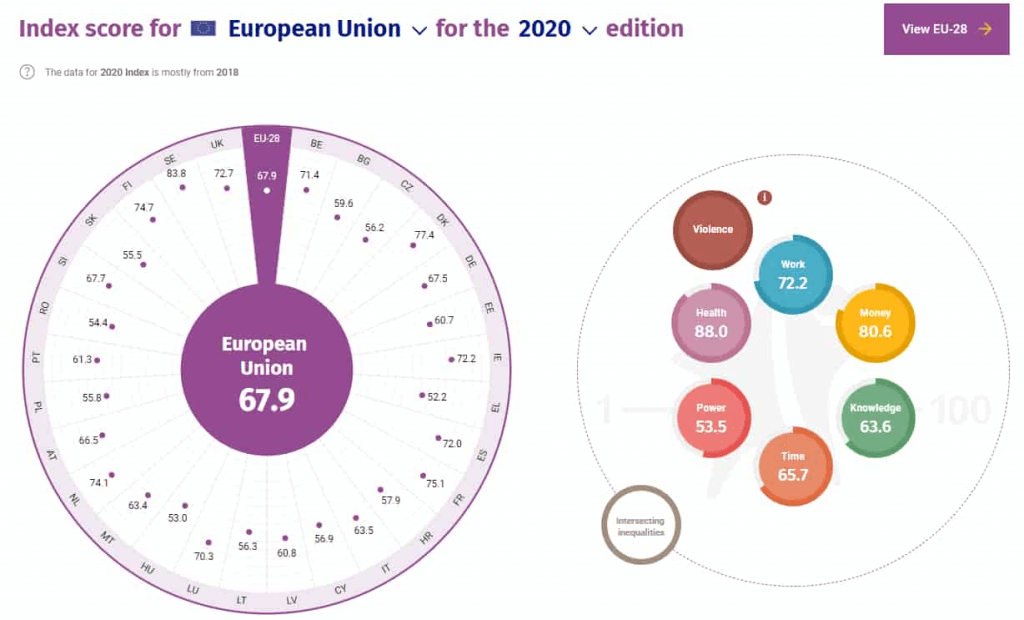
Methodology of the Gender Equality Index was developed by EIGE in cooperation with the EU Member States. The tool was launched in 2013 and is a significant instrument for measuring attainment of equality between women and men in the EU.
The Gender Equality Index is structured around several core domains: work, money, knowledge, time, power, health, violence against women, and intersecting inequalities. The Index has attained wide recognition across the EU: the EU Gender Equality Strategy 2020–2025 acknowledges the Index as a key benchmark.
EIGE’s Gender Statistics Database

EIGE also runs a Gender Statistics Database. It is a resource not only of sex-disaggregated data, but a broader set of statistics that help to measure and characterize gender equality in the EU and its neighborhood. The database has three objectives:
- To build a broad overview of statistics on gender, highlighting differences and inequalities between both sexes.
- To support the measurement of whether, or to what extent, gender equality is de facto being achieved.
- To act as a reliable resource in formulation and monitoring of policies that are beneficial for both women and men and will facilitate making appropriate decisions towards the advancement of gender equality.
In 2019 the Gender Statistics Database contained more than 2000 indicators.
Reputation
In April 2018 Politico.eu reported about three formally investigated sexual harassment cases at EIGE. After case review two male staff members left the agency, but one was allowed to continue to work. I was not able to find further information on case development or resolution.
Newsletter
If you wish to keep up to date about EIGE, you can subscribe to the agency’s newsletter here.
EIGE social media accounts
Recommended hotels in EIGE’s vicinity
EIGE mentions the following hotels in its Welcome Guide to new staff members and those coming for interviews:
- Hotel Novotel Vilnius Centre (next to EIGE premises). Address: Gedimino av. 16, Vilnius 02600, Lithuania.
- Holiday Inn Vilnius (about 5-10 minutes walking distance). Address: Seimyniskiu st. 1, Vilnius 02600, Lithuania.
- Holiday Neringa (about 5-10 minutes walking distance). Address: Gedimino av. 23, Vilnius 01103, Lithuania.
- Congress Avenue Hotel (about 5-10 minutes walking distance). Address: Gedimino av. 12, Vilnius 01103, Lithuania.
Getting in touch and getting to EIGE
In case of questions about recruitment you can write to eige.hr@eige.europa.eu.
Address: Gedimino pr. 16, LT-01103 Vilnius, Lithuania. Google Maps link.
The Vilnius airport is located around 15 minutes by taxi from the city centre or 30 minutes by bus No 3G. Most taxis accept payment by card, however, you should check that before entering the car.
EIGE warns that taxis hailed in the airport territory may be up to 3-4 times more expensive than regular rides. Uber works in Vilnius, hence one option is to call an Uber taxi to the airport gates and walk there. The airport does not appear to be very large, so the distance should be walkable, even with luggage.
If you choose to go to EIGE premises by bus, you must first take the bus No. 3G to the “Mikalojaus Konstantino Ciurlionio” stop. There you have to change to a trolleybus 6, 12 or 14 and ride until Vinco Kudirkos Aikste.
Google Maps public transport route finding works in Vilnius, so that will help you to orient in the city’s public transport system.
Are you working for or have worked at EIGE? Have you noticed something to add to the article? Please share it in a comment or get in touch with me! I’m particularly interested in any benefits to staff like teleworking arrangements, gym allowance, etc.
Thank you on behalf of all readers of this blog!
Visuals from the article
Basic salary for Temporary Agents AD and AST at EIGE
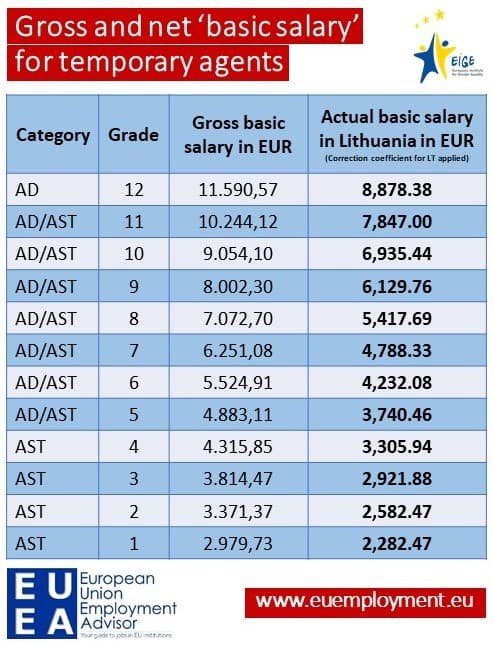
Basic salary for Contract Agents FG I-IV at EIGE
